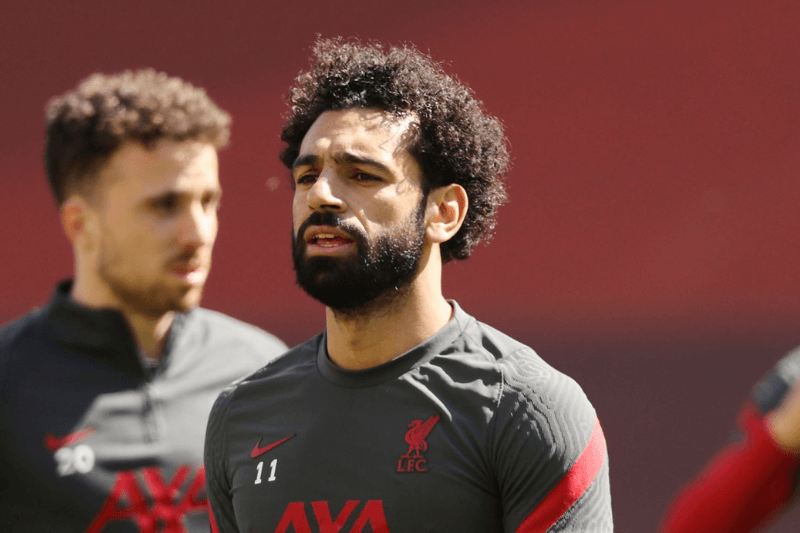Mohamed Salah released a statement on October 18 in response to the Israel-Hamas conflict. He is one of many athletes with a high-profile social media account to comment on the violence, that has been raging on for more than a month, killing thousands on both sides.
The Liverpool and Egypt forward called for “world leaders to come together to prevent further slaughter of innocent souls,” a response that should set an example for sport moving forward, according to a former sports PR agent and academic.
Israel-Hamas War Has Polarised Views
“Salah is an example of someone who was under severe pressure to take sides because of his nationality,” said Ian Bayley, now a senior lecturer in sports journalism at Staffordshire University, according to BBC Sport Africa. “But he took a step back and said: ‘What I stand for is peace …”
The two-time African Footballer of the Year was lauded by many for the humanitarian tone and yet criticised by others who felt he should use his vast influence to take “a more political stance”, said Bayley, noting Salah can’t do that owing to a social media policy with his club.
Keep Reading
Bayley also welcomed Tunisian tennis star Ons Jabeur’s message. Earlier this month, the world number seven said: “I have decided to donate part of my prize money to help the Palestinians,” highlighting the message wasn’t political but a call to bring peace in the world.
“The more difficult issue is that the conflict has polarised views to such an extent that any gesture, however well-meaning and intentioned, is inevitably going to draw both praise and criticism,” Bayley explained. Stepping into the political sphere has recently proved risky.
The Dangers Of Posting On Social Media
Legendary basketballer LeBron James lured in criticism after posting in support of Israel following the Hamas attack, with “clown” and “shame on you” among the responses. Boxing great Floyd Mayweather also received similar treatment after coming out in support of Israel.
Then there are several current footballers who have received disciplinary action from their clubs for their public responses to the conflict. Bayley has an advice: “It’s up to the players to consult with their clubs and make sure they have absolute clarity on what they can and can’t say.”

